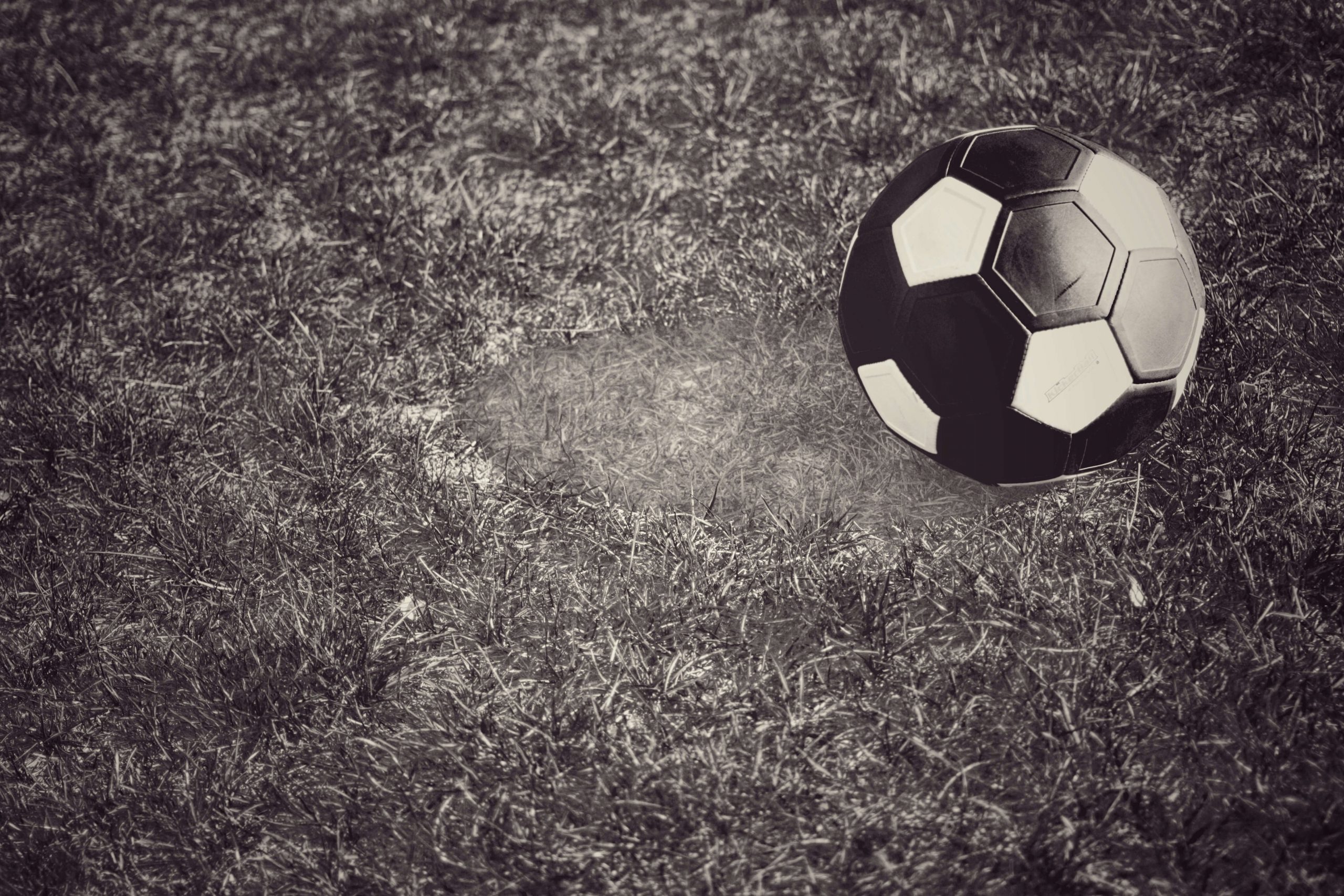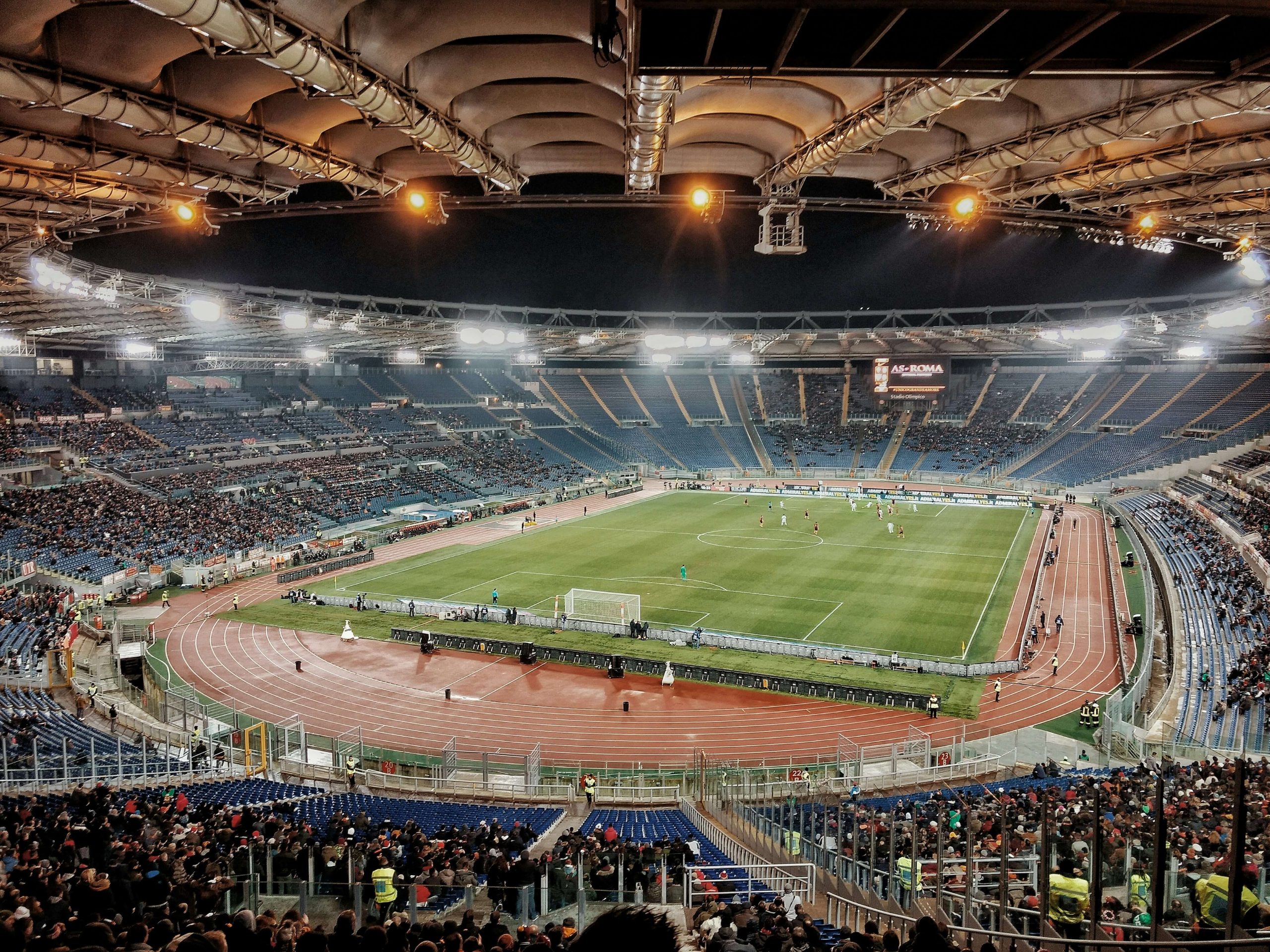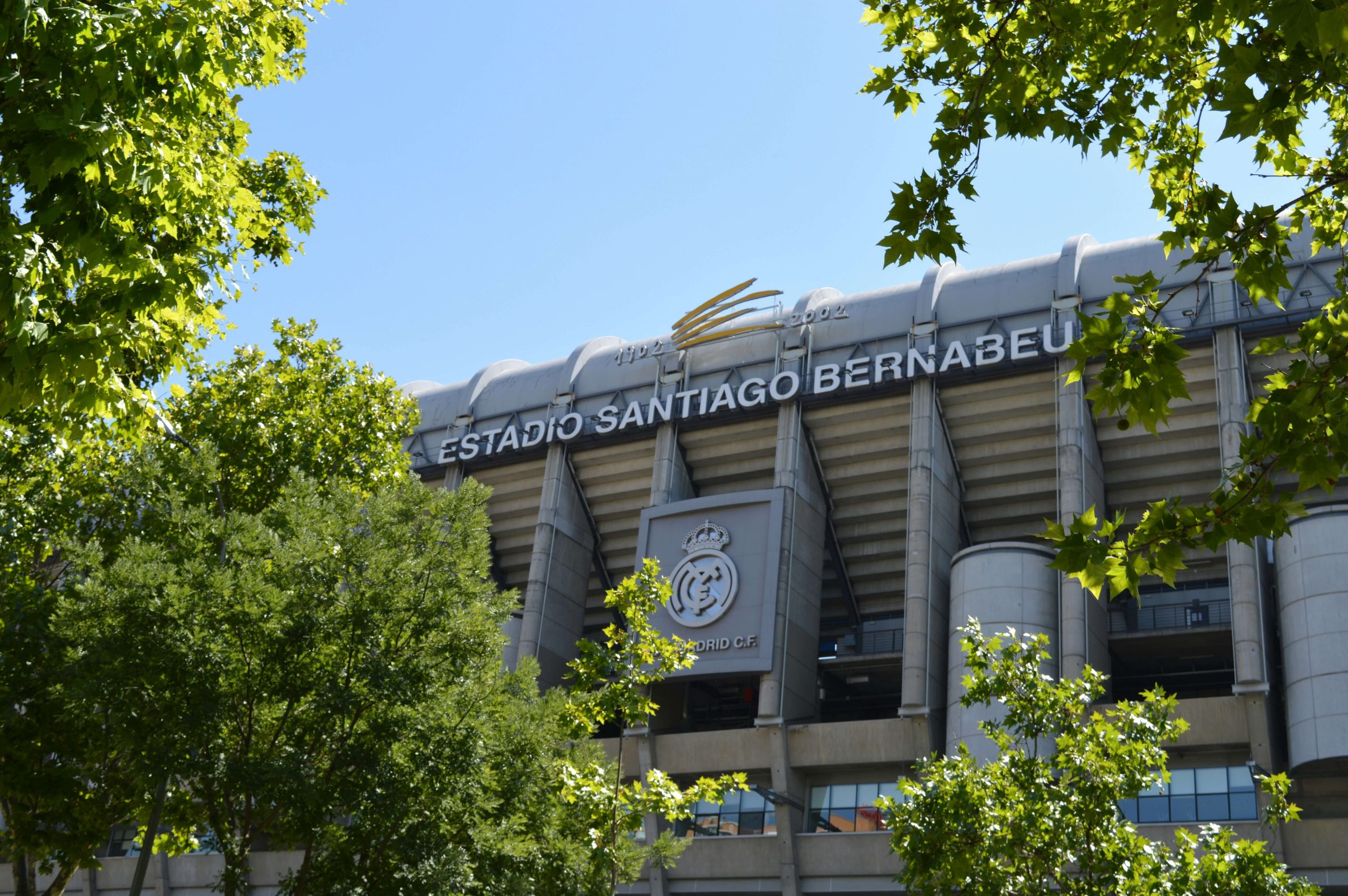
European Football Championship 1968
The competition’s official name change also served as a prelude to the third showcase of the top European national teams on the Old Continent, which took place in 1968. In the first two editions, teams competed under the official name European Nations’ Cup, but in 1968, this competition officially adopted the name European Championship, which is commonly known. After two tournaments, which were preceded by qualifiers, the popularity of the competition significantly increased, leading many teams to want to participate in the qualifiers. Therefore, the format of the competition was somewhat changed, but what remained the same was that the four best teams advanced to the final tournament. Italy hosted this tournament, and matches were played in three cities, ultimately determining the new European national champion.
Qualifications
Thirty-one national teams participated in the qualifiers for this European Championship. A curiosity was that the West German team decided to enter, thus attempting to ascend to the European throne. Unlike previous qualifiers, these had to be adapted to many teams, so it was decided to divide them into eight groups, with the winners advancing to the quarterfinal clashes. In this phase, the teams from Spain, Bulgaria, the Soviet Union, Hungary, Italy, France, England, and Yugoslavia were featured.
In this round of the competition, Italy won against Bulgaria in a two-legged match, securing a place at the third European Championship. The teams from the Soviet Union (victory in the duel against Hungary), England (defeated the defending champion, Spain), and Yugoslavia, which convincingly eliminated France, also managed to do so. Interestingly, this was Italy and England’s debut appearance at the final tournaments of the European championships.

Photo: unsplash.com.
Host Country
The Italian Football Federation decided to host four teams in three cities, so matches were played in Rome, Naples, and Florence. In Rome, the games took place at the “Olimpico” stadium. Naples extended its hospitality at the “San Paolo” stadium, while in Florence, matches were held at the “Comunale.”
Participating Teams
The Soviet Union, Yugoslavia, Italy, and England qualified for the final tournament of the third European Championship. The Yugoslavian team was led by Dragan Džajić. Alongside him were Ivica Osim, Ilija Petković, Blagoje Paunović, and Ilija Pantelić, with Mirsad Fazlagić as captain. The legendary Rajko Mitić sat on the bench, making Yugoslavia very determined at this tournament.
Knockout Phase
The semifinal matches featured games between the host Italy and the Soviet Union and Yugoslavia against England. The Italians hosted the Soviet team in Naples, and this match would go down in the history of European championships. After ninety minutes, the score was 0:0, leading to extra time. Even after an additional 30 minutes, the score remained the same, and the winner of the match was decided – by a coin toss. This was the first time a winner was determined in this quite unusual manner, and such a method has yet to be repeated. Italy was luckier; thus, the host secured a place in the final.
In the other semifinal, Yugoslavia hosted the England in Florence. The English came to the championship as the current world champions, and they indeed carried the title of favorites and a team that was highly expected to become the European champion as well. However, the Yugoslavian players disagreed with this viewpoint and were able to defeat the group that included Banks, Moore, Charlton, and others. The only goal scorer was Dragan Džajić in the 86th minute.
Final and Third Place Match

Stadio Olimpico in Rome, where the final was played twice in 1968. Photo: unsplash.com.
The teams defeated in the semifinal matches, England and the Soviet Union, met in the third-place match on June 8, 1968. The match was played at the “Olimpico” stadium in Rome, and the English won. The score was 2:0, with goals for England scored by the legendary Bobby Charlton and Geoff Hurst. Then came the grand finale and a generational opportunity for the Yugoslavian team. It was a strange match, which many believe should have been won by the Yugoslavs, but it was not to be in the end. Džajić put the Yugoslavian team in the lead in the 39th minute, and this score held until the 80th minute when Domenghini managed to equalize. The match ended 1:1, and the score remained unchanged after extra time. This meant that a replay was necessary, which took place two days later.
The Italians entered the replay fresher, with several new players, which was one factor that ultimately decided their victory. In front of a less-than-full “Olimpico” stadium, the Italians took the lead with a goal from Riva in the 12th minute, and Anastasi later increased the lead to 2:0. This would be the final score of the replayed final, after which the Italians were crowned European champions.

Venue of the final match – “Santiago Bernabeu” stadium. Photo: unsplash.com.
Statistics
In Italy, only seven goals were scored across four matches, so the top scorer was a player who had only scored two goals, as with Dragan Džajić. He also found a place in the team of the tournament, along with Dino Zoff, Facchetti, Mazzola, Domenghini, and Riva from Italy, Fazlagić and Osim from Yugoslavia, Moore and Hurst from England, and Shesternyov from the Soviet Union.
Legacy and Impact
This European Championship had attracted the most interest from European football associations, indicating that the competition began eight years earlier and gained support among football officials and that everyone wanted to participate and be the best.
Interesting Facts
Gottfried Dienst, the referee who officiated the World Cup final two years earlier, in 1966 in England, between England and Germany, also refereed the first match of the final between Italy and Yugoslavia. Interestingly, he was assigned to referee another final just two years after the most controversial final in World Cup history, where England won 4-2. In that match, he acknowledged England’s third goal, which turned the match in their favor and secured their title.



